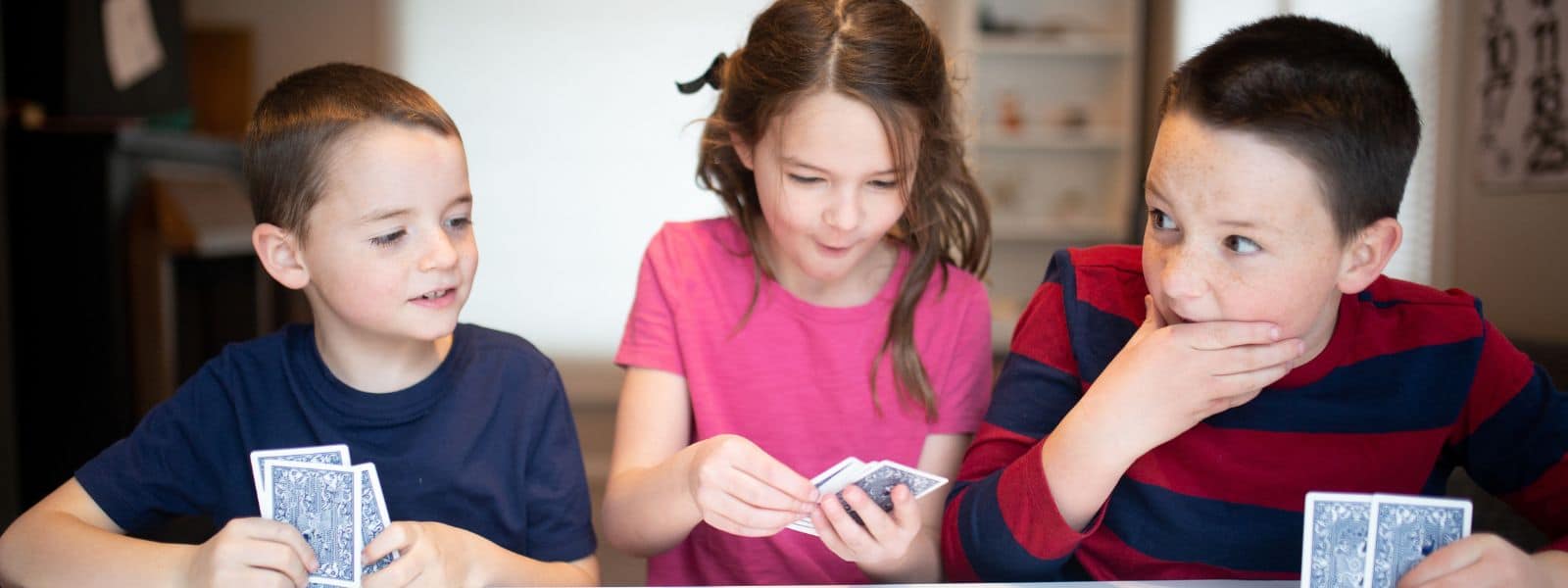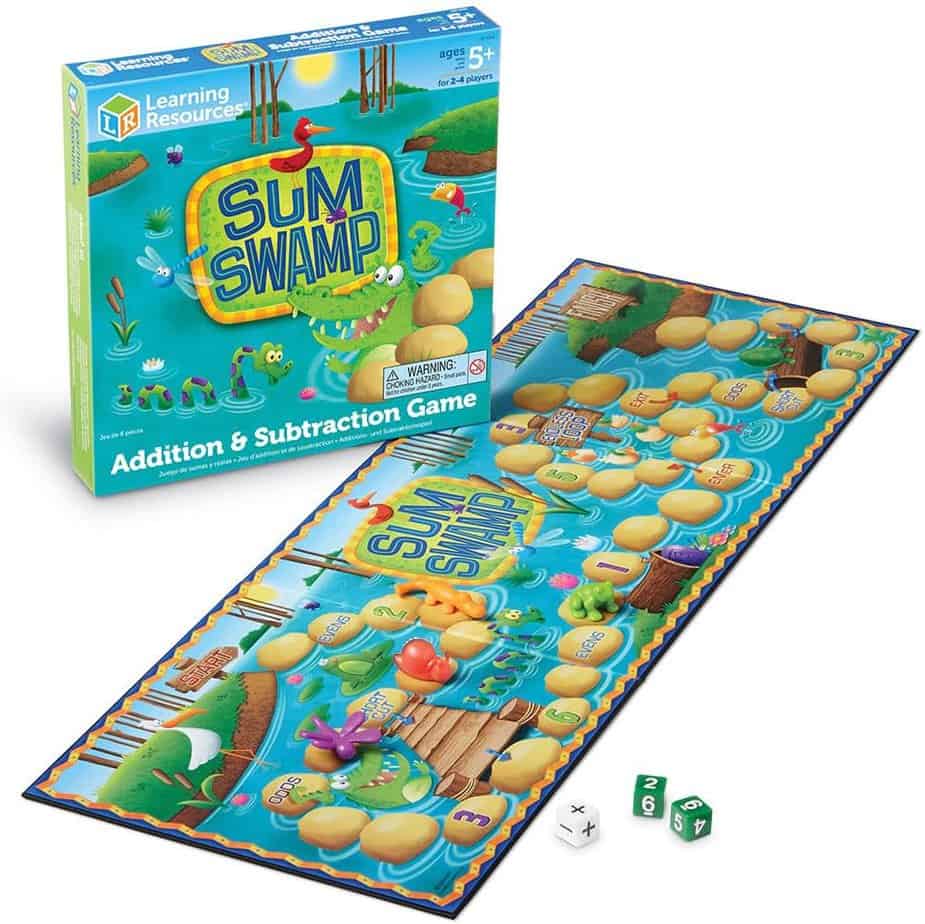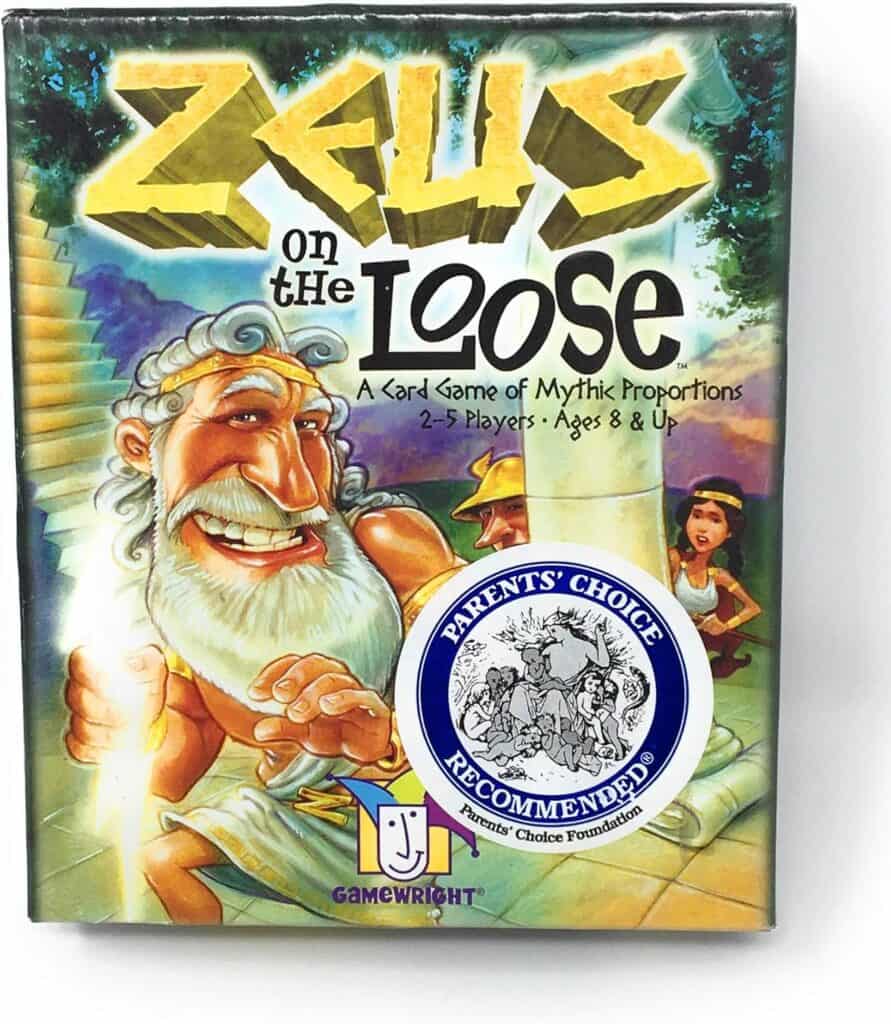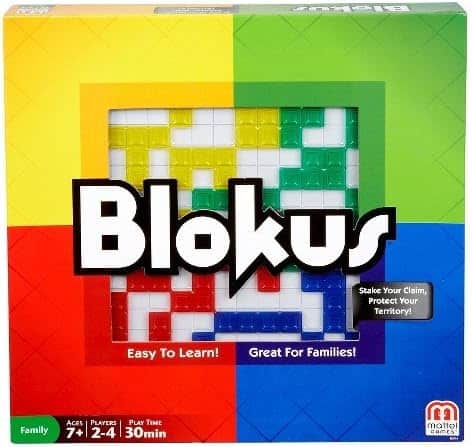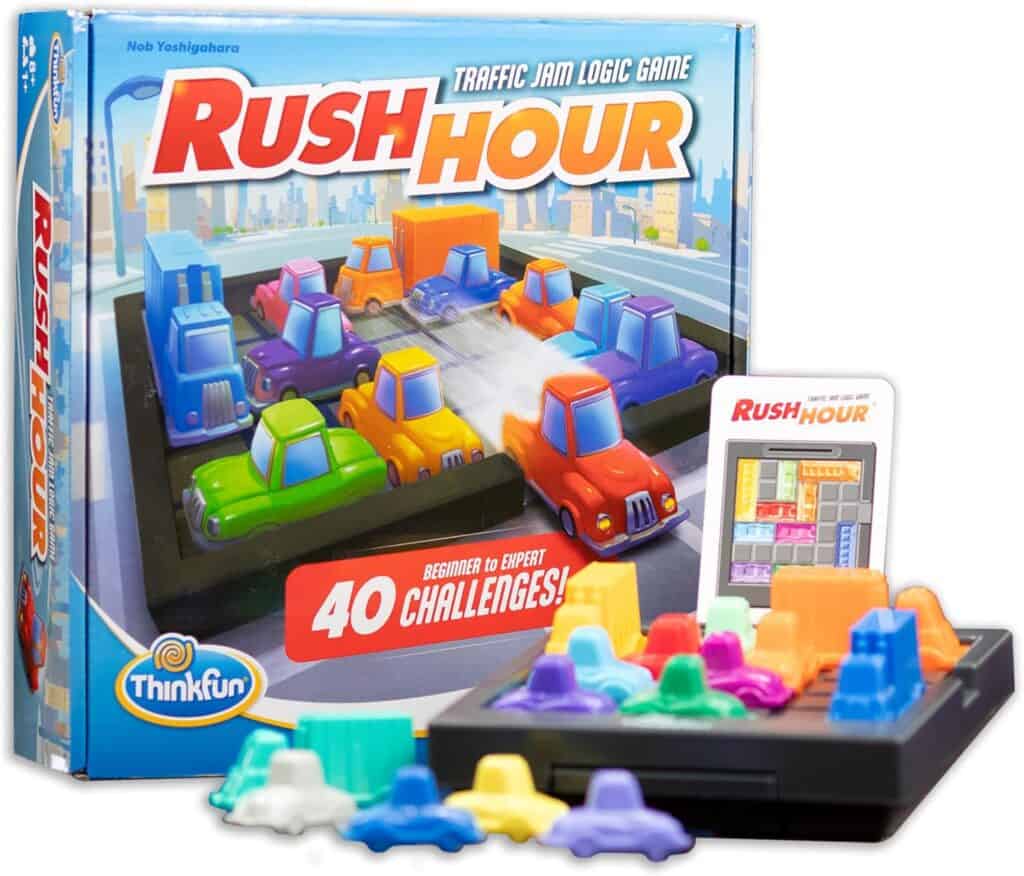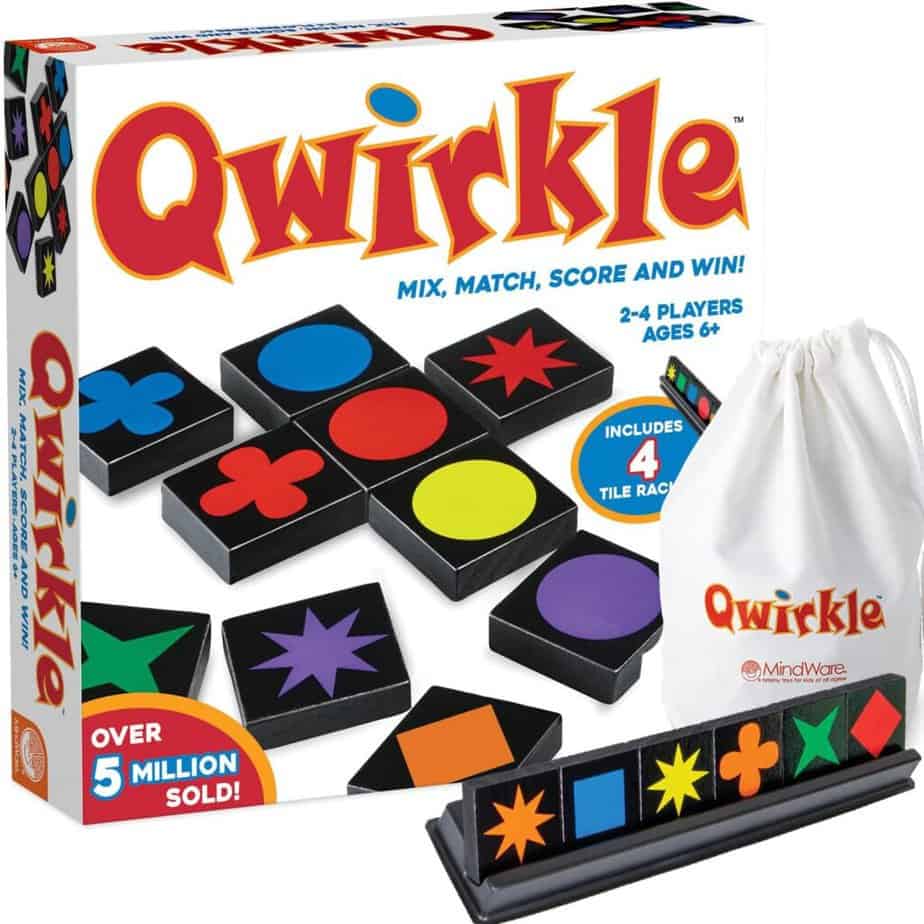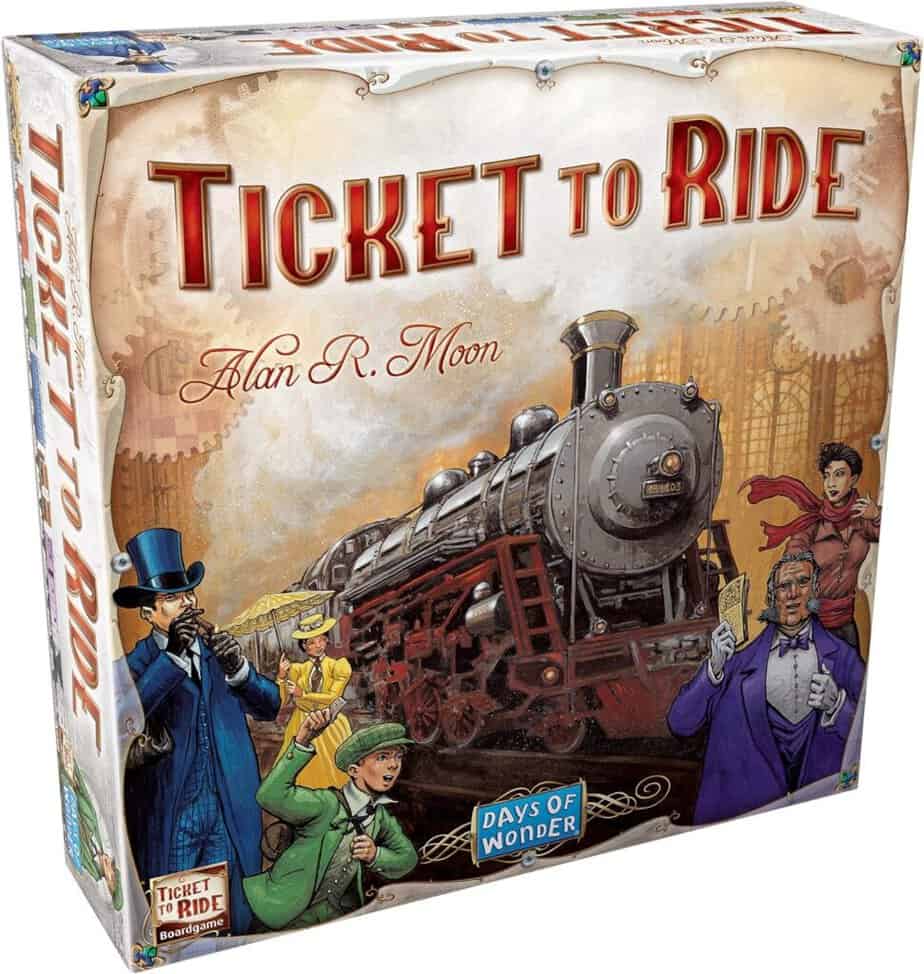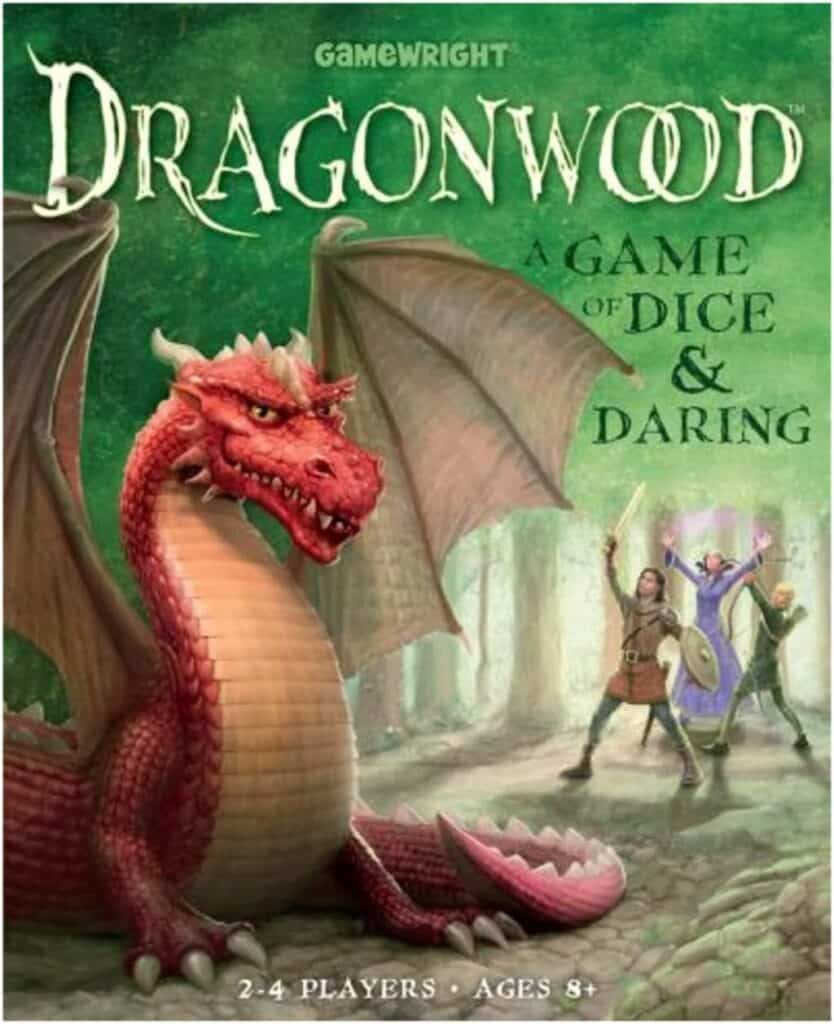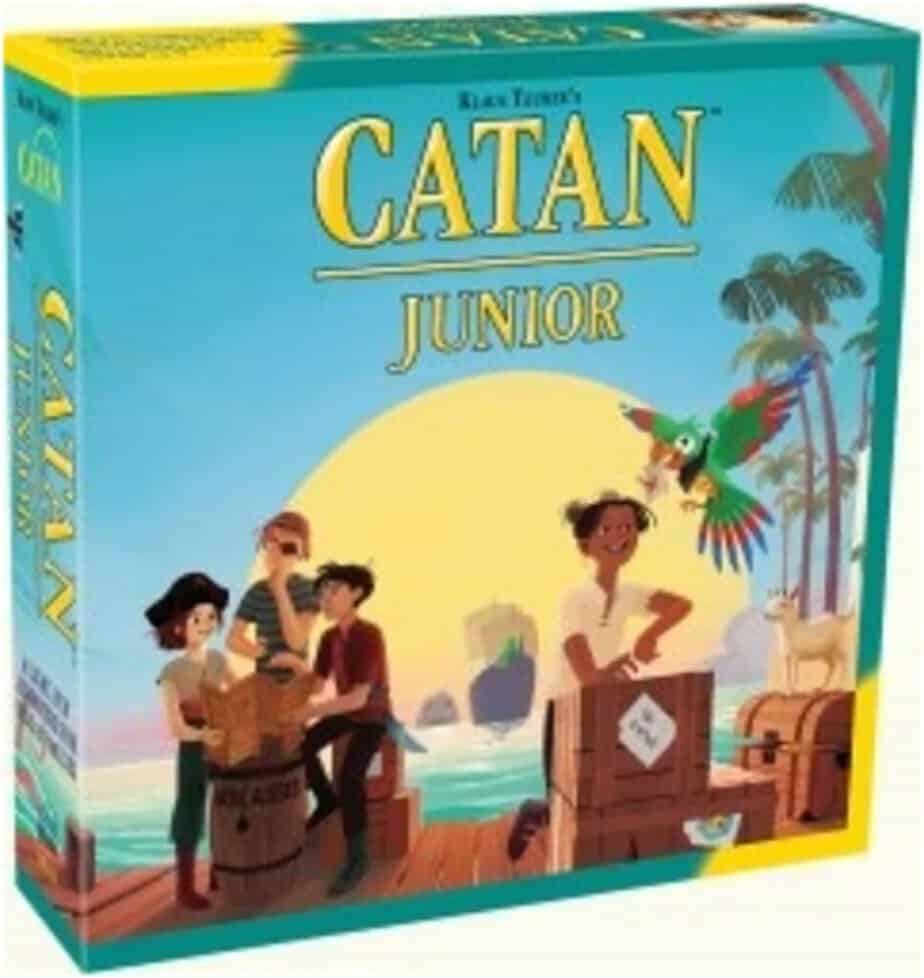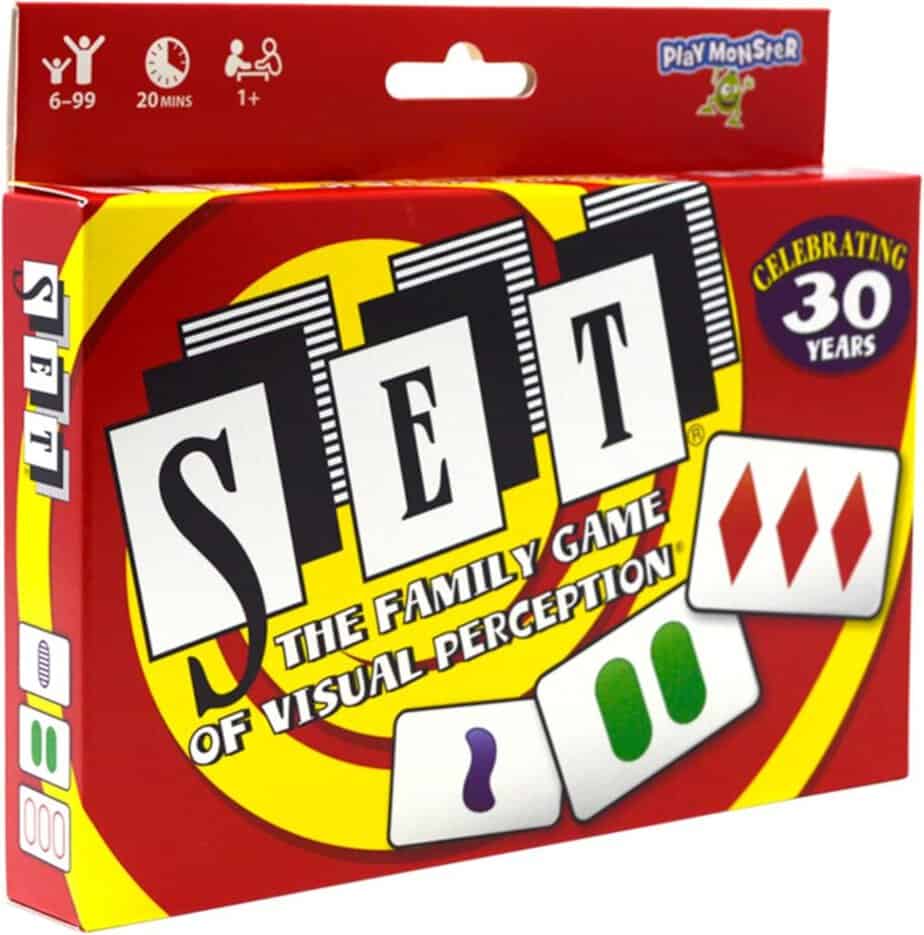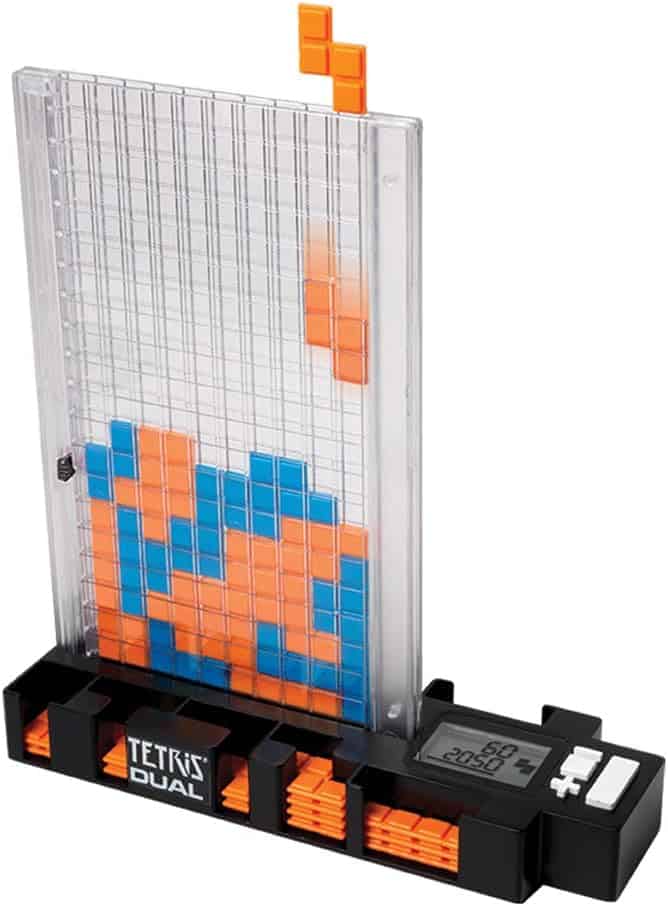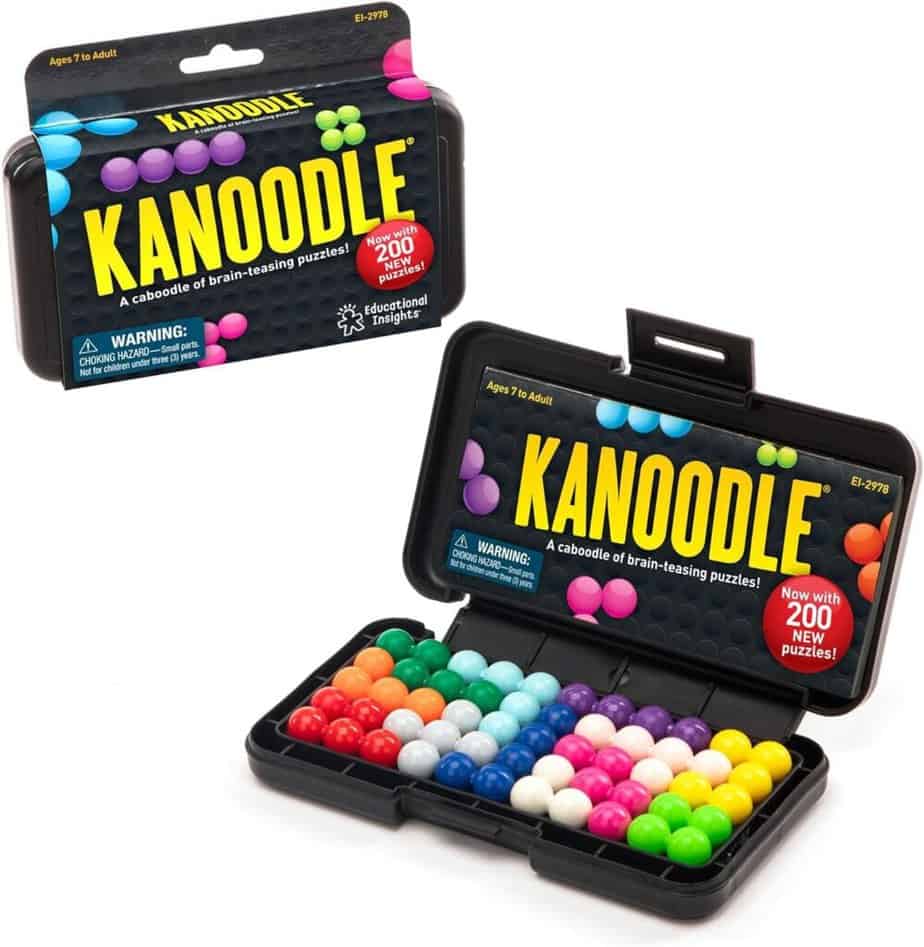High-Quality Board and Card Games That Sharpen Math Skills
When it comes to practicing math skills, there are countless ways to make learning engaging, and board and card games are at the top of the list! Not only do these games help kids develop calculation abilities, but many also target logic, problem-solving, visual processing, and strategic thinking—all essential cognitive skills for math success. Below, we’ve rounded up some of the best high-quality games that bring math to life in a fun and interactive way.
Games That Build Basic Math Skills
1. Sum Swamp
- Ages: 5+
- Skills Practiced: Addition, subtraction, number recognition
- Why It’s Great: This adventure-filled game takes kids on a journey through a swamp where they practice simple math equations to advance. Perfect for early learners, Sum Swamp makes math feel like an exciting quest.
2. Math Dice Jr.
- Ages: 6+
- Skills Practiced: Addition, subtraction
- Why It’s Great: Roll the dice, create equations, and score points! Math Dice Jr. is a quick and portable game that challenges kids to think on their feet and practice basic operations.
3. Zeus on the Loose
- Ages: 8+
- Skills Practiced: Addition, subtraction, strategic thinking
- Why It’s Great: Players compete to climb Mount Olympus by calculating totals and “stealing” Zeus. It’s a fast-paced game that reinforces mental math and strategy.
Games for Logic and Problem-Solving
4. Blokus
- Ages: 7+
- Skills Practiced: Spatial reasoning, strategic thinking
- Why It’s Great: This colorful tile-placement game challenges players to fit their pieces on the board while blocking their opponents. It’s an excellent way to strengthen visual processing and logic skills.
5. Rush Hour
- Ages: 8+
- Skills Practiced: Problem-solving, sequencing
- Why It’s Great: Players maneuver cars on a grid to free a blocked vehicle. With increasing difficulty levels, Rush Hour promotes critical thinking and persistence.
6. Qwirkle
- Ages: 6+
- Skills Practiced: Pattern recognition, logic
- Why It’s Great: Players match colors and shapes to score points. Simple to learn but strategically deep, Qwirkle enhances logical thinking and planning.
Games That Teach Strategic Thinking
7. Ticket to Ride
- Ages: 8+
- Skills Practiced: Planning, resource management
- Why It’s Great: This popular train-building game challenges players to claim routes across the map while balancing strategy and risk. It’s a great introduction to strategic thinking and decision-making.
8. Dragonwood
- Ages: 8+
- Skills Practiced: Probability, strategy
- Why It’s Great: Players collect cards to create sets that allow them to capture creatures. By thinking through probabilities and tactics, kids sharpen critical math and logic skills.
9. Catan (Junior Edition)
- Ages: 6+
- Skills Practiced: Resource management, negotiation
- Why It’s Great: A simplified version of the classic game, Catan Junior teaches kids how to manage resources and plan ahead while introducing concepts like probability and negotiation.
Games for Visual Processing and Spatial Awareness
10. SET
- Ages: 6+
- Skills Practiced: Pattern recognition, visual processing
- Why It’s Great: Players search for sets of cards based on patterns, shapes, and colors. This fast-paced game hones visual discrimination and attention to detail.
11. Tetris Dual
- Ages: 8+
- Skills Practiced: Spatial reasoning
- Why It’s Great: Inspired by the classic video game, this two-player version challenges kids to fit pieces strategically. It’s excellent for developing spatial awareness and planning.
12. Kanoodle
- Ages: 7+
- Skills Practiced: Problem-solving, spatial reasoning
- Why It’s Great: With over 200 puzzles, Kanoodle offers brain-teasing fun that strengthens visual-spatial skills and perseverance.
Tips for Using Games to Enhance Math Learning
- Make It a Family Activity: Playing together not only reinforces skills but also creates quality family time.
- Encourage Friendly Competition: A little competition can motivate kids to practice and improve.
- Celebrate Progress: Recognize when your child masters a skill or strategy—it builds confidence and keeps learning fun.
- Rotate Games: To keep things fresh, switch between games that target different skills. Don’t shy away from the games that kids “don’t like” or are “hard”—because these are likely the ones that use the skills they need to practice the most!
Looking for More Fun Brainy Games & Activities?
Download our FREE game pack today for cognitive skills activities that practice things like memory, attention, processing speed, and more!
